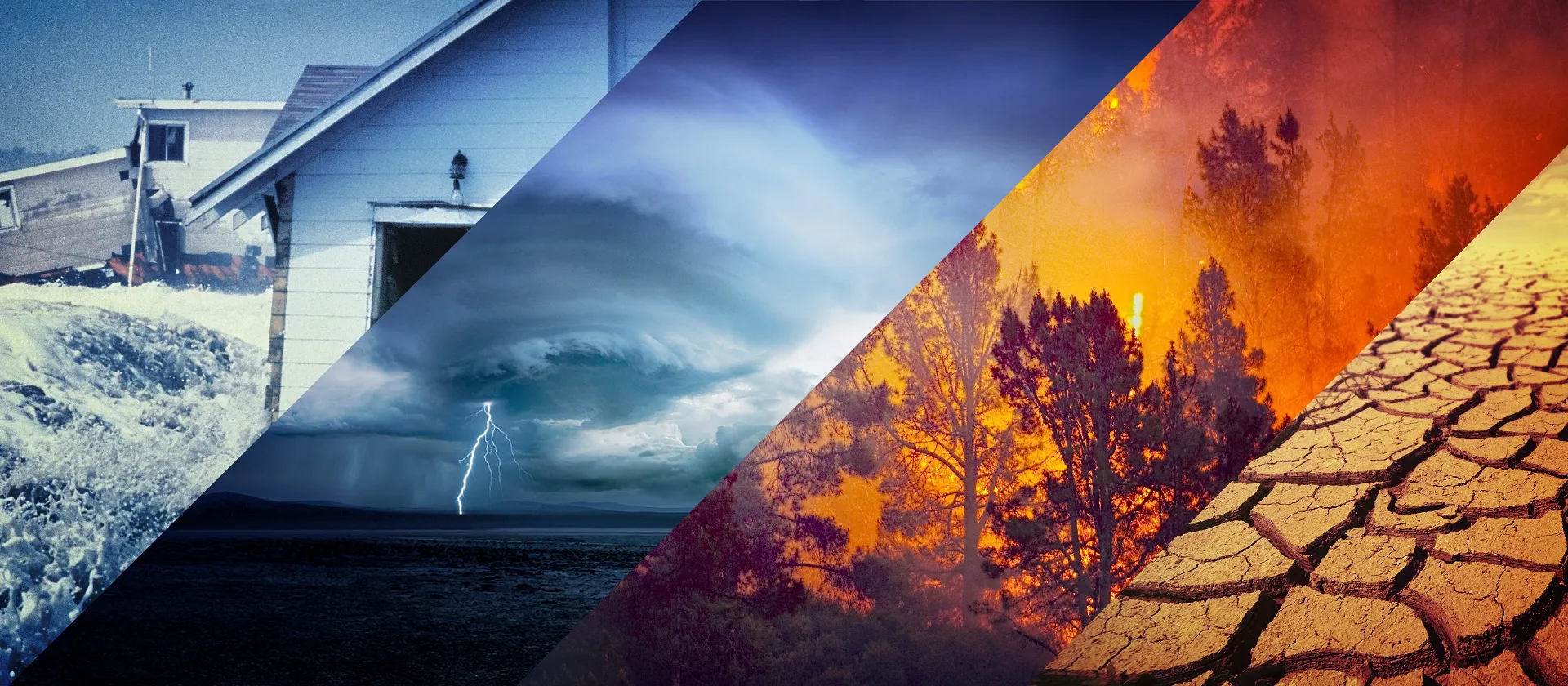When disasters disrupt democracy: The impact of extreme weather on the 2024 super-cycle year of elections

The year 2024 has been described as a super-cycle election year, with 1.6 billion people voting in 74 national elections in 62 countries due to a convergence in national electoral calendars. This was an extraordinary moment in our democratic history, but what is also extraordinary is that disasters and extreme weather events disrupted 20 elections at different levels in 15 countries.
Austria, Bosnia and Herzegovina, Canada, Czechia, Iceland, India, Indonesia, Iran, the Maldives, Mexico, Mozambique, Romania, Senegal, Tuvalu and the USA, all experienced disruptions (See Figure 3). These included meteorological, hydrological, climatological, and geophysical disasters that damaged or destroyed critical infrastructure such as roads, polling stations, and election materials and interrupted electoral timetables.
Many disasters also lead to displaced voters and, in some cases, the deaths of voters and poll workers, all of which provide evidence of how the climate crisis is tangibly impacting democracy.
The impact of disasters on the 2024 elections varied based on the type of hazard, the level of exposure to the hazard, and the vulnerability of the exposed population. Beyond climate change, the 2023-2024 El Niño was also a contributing factor.
Keep reading the full article published at UNDRR PreventionWeb, 18 July 2025.




